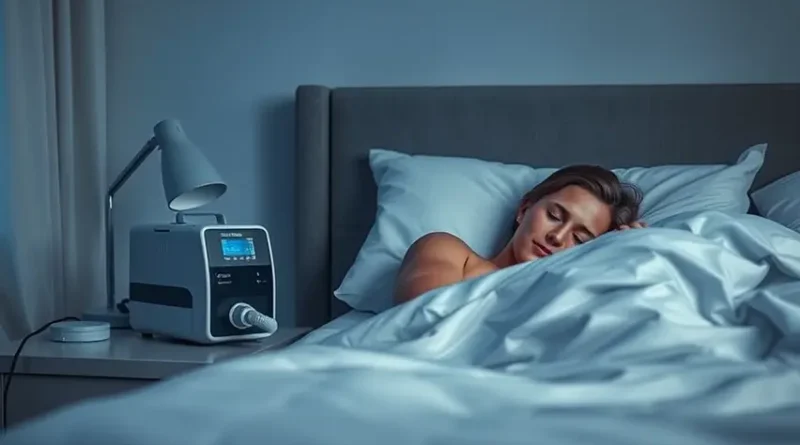Symptoms and Solutions for Sleep Apnea
Sleep apnea is a serious sleep disorder that occurs when a person’s breathing is interrupted during sleep. Individuals with sleep apnea experience pauses in breathing, shallow breaths, or choking sensations, potentially leading to various health issues. Understanding the symptoms and exploring available solutions are crucial for anyone experiencing sleep disturbances.
Common Symptoms of Sleep Apnea
Recognizing the symptoms of sleep apnea is the first step toward diagnosis and treatment. The following are some of the most prevalent symptoms:
- Loud Snoring: One of the most common signs, loud snoring usually results from blocked airways.
- Episodes of Breathing Cessation: Witnessed by a partner or family member, these episodes can occur multiple times during the night.
- Gasping or Choking During Sleep: Individuals may wake suddenly, gasping for air.
- Excessive Daytime Sleepiness: Even after a full night’s sleep, those suffering from sleep apnea often feel drowsy throughout the day.
- Mornings Headaches: Frequent headaches upon waking can be related to oxygen deprivation during the night.
- Difficulty Concentrating: Cognitive functions may decline due to insufficient sleep quality.
- Irritability or Mood Changes: Mood swings and irritability may arise due to sleep disruption.
Identifying these symptoms is crucial not only for individuals experiencing them but also for their partners or family members. Awareness can lead to timely intervention and management strategies.
Solutions for Sleep Apnea
If you suspect you or a loved one has sleep apnea, it’s important to consult a healthcare professional. There are several effective solutions ranging from lifestyle modifications to medical treatments. Here’s a breakdown of some commonly recommended solutions:
Lifestyle Changes
- Weight Management: Losing excess weight can significantly reduce the severity of sleep apnea symptoms. Even a modest weight loss can make a difference in airway obstruction.
- Change Sleep Positions: Sleeping on the side rather than on the back can help keep airways open. Positional therapy devices or specialized pillows may assist in maintaining sleep position.
- Avoiding Alcohol and Sedatives: Alcohol consumption can relax throat muscles and worsen sleep apnea. It’s crucial to limit intake before bedtime.
- Regular Exercise: Physical activity can improve general health and aid in weight management, ultimately reducing the severity of sleep apnea.
Medical Treatment Options
- Continuous Positive Airway Pressure (CPAP) Therapy: The most common treatment for moderate to severe sleep apnea, CPAP machines deliver a constant flow of air to keep the airways open during sleep.
- Oral Appliances: Dentists can provide custom-made dental devices that reposition the jaw and tongue to keep the airway open.
- Positional Therapy: Some individuals benefit from devices that encourage side-sleeping, reducing breath cessation.
- Medications: While there’s no specific medication to treat sleep apnea, certain medications can alleviate associated symptoms like daytime fatigue.
- Surgery: In severe cases, surgical options may be necessary to remove excess tissue from the throat or correct structural abnormalities.
Seeking Professional Help
It’s essential to seek professional help if sleep apnea symptoms are present. A specialist may conduct a sleep study (polysomnography) to diagnose the condition and recommend appropriate treatments based on individual needs. Early diagnosis and intervention can mitigate severe health risks, including cardiovascular issues, diabetes, and heightened risks of accidents due to sleep deprivation.
Additionally, support groups available for those with sleep apnea can provide encouragement and shared experiences, helping individuals manage their condition more effectively.
Final Thoughts
Sleep apnea doesn’t just affect sleep but can lead to long-term health complications if not addressed. By recognizing the symptoms and pursuing effective solutions, individuals can significantly improve their quality of life. Talk to a healthcare provider today if you suspect you or a loved one is struggling with sleep apnea.

